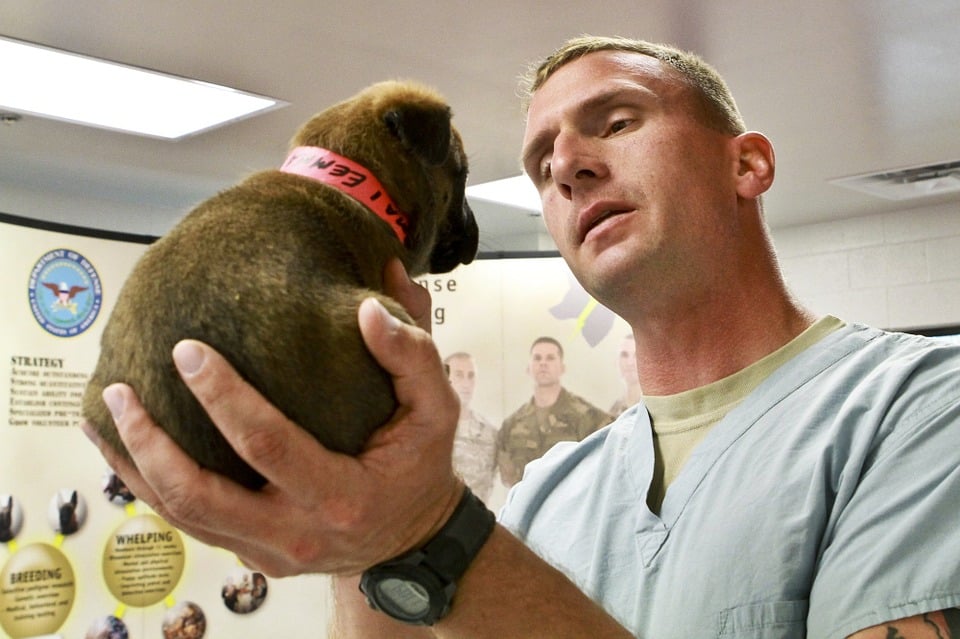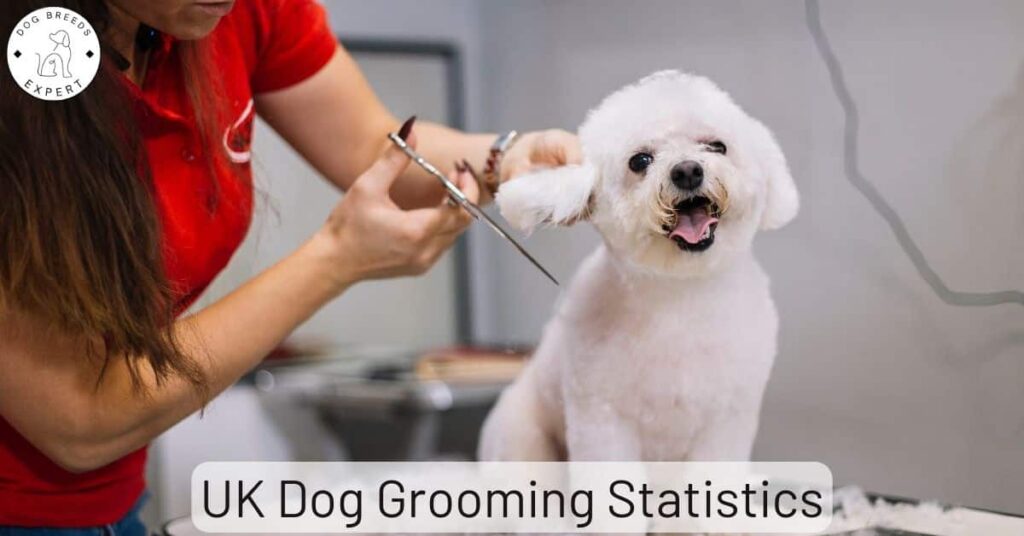All about food allergies dogs!
Food Allergies Dogs – Many thanks to guest author Rachel Hudson for this article.
Your beloved pet is man’s best friend. To give a dog a healthy life, understanding what is and isn’t appropriate for them to touch is key to their survival. This guide aims to tell you more about some of the nasty dog food allergies they could encounter.

Food Allergies Dogs and Healthy Pets
It is common for parents of children to keep an eye out for any threats to their life, including harmful allergies. Even some brands of the best large breed dog food may contain allergens. However, you may be surprised to learn that a lot of people don’t have the same concerns with their pets. Yes, you heard it right, common pet allergies just aren’t as that important to consider.
Signs of Ill Health

Allergies do pose a threat to the life of your four-legged friend. Allergies occur when its immune system thinks that what they’re eating is harmful in some way, causing the immune system to respond by secreting antibodies. This triggering can produce a variety of irritating and dangerous effects.
So how can one tell that their dog may have food allergies? There are many symptoms to be noticed:
● Itchy feelings
● Inflammation of ears
● Licking constantly
● Biting of paws
There are also a number of symptoms that are much more closely associate with those of humans that can be observed, such as the following:
● Nausea
● Itching of the rear
● Vomit
● Flatulence
● Hives
● Rashes on the skin
What You Can Do
If you begin to notice any of the following symptoms above in your pet, you should take them to a nearby vet as soon as possible to get them tested for signs of food allergies. The greater the exposure to the allergen becomes, the higher the likelihood that the reaction severity will increase.
It doesn’t matter whether your dog only becomes irritated and expresses symptoms for the first time, these allergens could threaten their life next time they come into contact with the allergy creating substance.
Food Allergies – Problem Foods

It is possible for a dog to become allergic to almost any ingredient, so it’s vital that one is aware of what to avoid giving your pet. The following are substances that commonly create allergies for your four-legged friends:
● Pigmeat
● Rabbit
● Wheat
● Cow meat
● Cheese
● Milk
● Chicken
● Soy
● Fish
● Poultry
● Eggs
● Corn
On the face of it, it may seem a little overwhelming to care for a pet that has allergic reactions, yet in this day and age, things aren’t as complicated as you may imagine. A large variety of different proteins and grain can be bought to ensure that your pet doesn’t have a reaction. You can even commonly buy dog food for dogs with allergies in your store.
Alternative meats such as venison, crocodile or kangaroo can be purchased, and even the best grain free dog food for skin allergies made from products such as potatoes can be consumed. There’s even dog food for dogs with skin allergies available. With a little attention, you can keep your dog as healthy as can be.
Common Veterinary Practice

How to test for food allergies in dogs is simpler than you may think. A vet can recommend the practice of an elimination diet, followed by gradual addition of other food groups. First, the dog is fed only a couple of kinds of food and observed for allergic reactions.
Once it’s been established that your dog is not reacting negatively, additional foods can be added into their diet. This process will clearly determine which foods are edible and which can cause unwanted allergic reactions.
Motivation and Attitude
If your dog does have an allergy, it may become a struggle to cope, but with the correct diagnosis and understanding of allergens, you’ll be equipped with the tools to rid your dog of any affliction. Take care to read labels on food and to keep your dog from being in contact with harmful chemicals. If you do discover your pet has an allergy, don’t worry, things can and will get better.
Are you a dog lover? Have you ever seen your pet have an allergic reaction? How did you cope with it? Share your comments and advice with us below.
Author’s Bio
Rachel Hudson loves dogs and is a freelance writer from London. Together with her pet she enjoys going on long walks together in parks and fields. She often attends Crufts, the most famous UK dog show. She has contributed to a variety of different animal publications and sites such as allpetsexpert.com.


